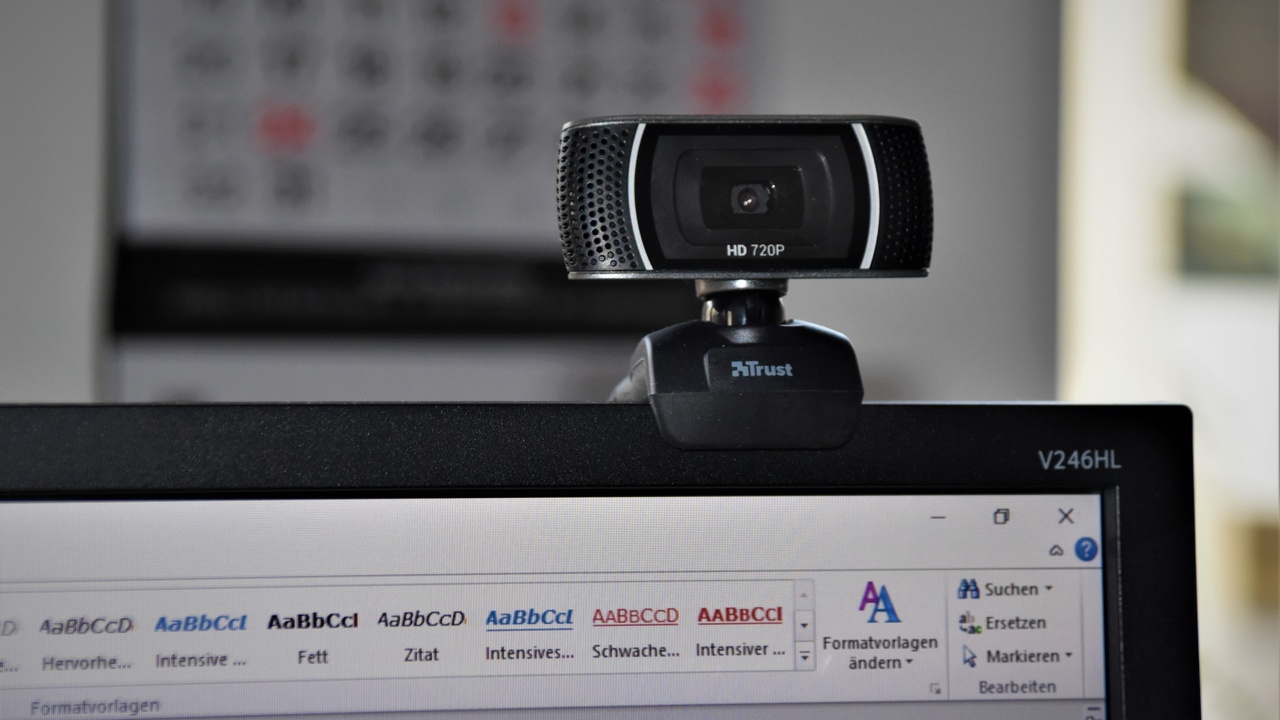How to Influence People Using 'Because'

Editor’s Note from John Millen:
Today I’m featuring a guest post by my friend Brian Ahearn. This is an excerpt from his excellent book Influence People. Brian is also my guest this week on my Story Power Lab podcast, which you can listen to here or on your favorite podcast platform.
“Because I said so!” –– Mom or Dad
By Brian Ahearn
You may not be aware of how your mom and dad conditioned you to regularly comply with other people’s requests but they did. Unknowingly, they used a single word, the same word their parents probably used with them. They set you up to be more compliant. What special word am I talking about? Because!
While because makes you fall in line, it can actually help you get to the front of the line! Ellen Langer, a behavioral scientist, conducted a study in which people standing in line at a copier machine were approached by a stranger who asked, “Excuse me, I have five pages. May I use the Xerox machine?” 60% generously allowed the person to go in front of them.
In the 2nd iteration, the person approached the copier line and asked, “Excuse me, I have five pages. May I use the Xerox machine because I am in a rush.” Hearing because she was in a rush, nearly everyone, 94%, told the experimenter she could get in front of them.
Of course, if someone is in a rush we might be more generous but the question is this – was the increase in compliance due to being in a rush or could it have been something else?
In the 3rd iteration, the experimenter asked, “Excuse me, I have five pages. May I use the Xerox machine because I have to make copies?”
You’d think people might have denied that request since all were in line to make copies, After all, the reason was irrelevant...and still, 93% of the people let her go ahead!
There was virtually no difference in response between the seemingly valid – in a rush – and the bogus reason. In both cases when compliance increased, the special word because was used.
Social psychologists theorize we don’t pay attention to the reason given after because; that we’re so conditioned by the word we hardly pay attention to what comes next. Did your parents say “Because I said so!” when you questioned them about why you had to do something? Have you used it yourself?
How does understanding the impact of because affect you? Two important ways.
First, it helps you protect yourself. Don’t mindlessly comply with a request without giving thought to the reason you’re being asked to do something, otherwise you may just find yourself doing something you wished you hadn’t.
The second way you can use because is to be more persuasive.
When my daughter Abigail was little she used to ask me what I did at work. I’d share things I thought she’d find interesting and concepts I felt would help her someday.
One day when we were talking I told her about the copier study. I said, “Abigail, whenever you ask someone to do something, always say ‘because’ and give them a reason. If you do that more people will say Yes to you.”
Long after that conversation Abigail and I were watching American Idol and the latest American Idol CD was about to hit stores. Ryan Seacrest, the show’s host, was promoting the CD outside a music store where there was a long line of people. Smart producers were using the principle of consensus to get you to believe everyone wanted to buy the new Idol CD.
As Seacrest talked about the CD he would try to make his way into the line but each time people motioned him farther back. Eventually, he was at the very end of the line with a disappointed look on his face.
Out of nowhere, Abigail blurted out, “He should have said ‘because.’” I looked surprised and replied, “What?” She said, “Dad, don’t you remember the copier story?”
Wow! I have no clue why some stories stick with kids and other stories don’t but I was glad that one stuck because that small aspect of persuasion is a life skill that will serve her well. It will serve you well too if you look for ways to use your new understanding of because.
John's story of 'because' influence
By John MIllen
Many thanks to Brian for sharing this influence technique. This is one of the six core principles Robert Cialdini, Brian's mentor, introduced almost 40 years ago in his best-selling book Influence. If you're wondering whether it works I can attest that it does, having used it many times over the years.
A couple of months ago I was in Dallas staying near a private club. I needed a good workout so I visited the club and asked to use their gym. The manager at the front desk apologized and said the workout facility was for members and their accompanied guests only.
I asked if I could have a tour because I was visiting from out of town. (I didn't say I was moving there or was interested in joining.) He said yes and had a young woman take on me a tour of the workout facility, which was stunning.
After the tour, I returned to the desk and thanked the manager for the tour and genuinely complimented him on the amazing facility. Then I asked, "Would you consider letting me work out just this one time because I have a flight back home in the morning?"
I am aware that that sentence doesn't make logical sense, but it didn't matter. He kind of scanned around the luxurious lobby then looked at me and smiled. He handed me an electronic card and said, "don't get me in trouble." I thanked him effusively and assured him there would be no trouble because he put his trust in me.
You should try using this word because I said so.
Learn more persuasion tips in my interview with:
Brian Ahearn on my Story Power Lab.
As a service to readers, we provide links to products we value. We may receive a small commission from any purchases, while you will pay the same low price. Thank you for supporting our work.








